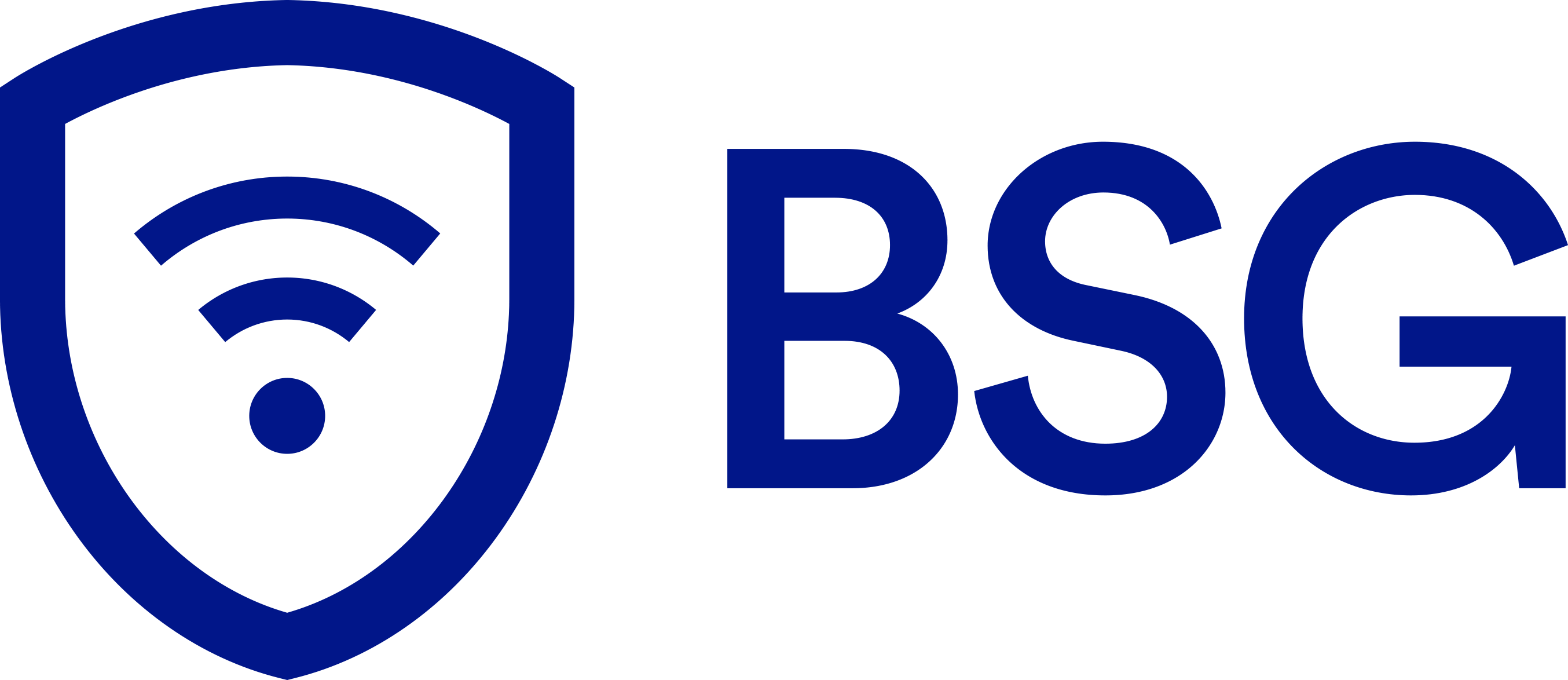As smart home devices become increasingly popular, it is crucial to recognize the importance of protecting our privacy and securing these interconnected devices. From smart speakers and smart thermostats to security cameras and door locks, our homes are now filled with gadgets that make our lives more convenient. However, this convenience should not come at the cost of compromising our privacy and personal data. In this article, we will explore essential tips and best practices for securing your smart home and safeguarding your privacy.
Create Strong and Unique Passwords
The first step in securing your smart home is to establish strong and unique passwords for all your devices. Avoid using default or easily guessable passwords. Opt for a combination of upper and lowercase letters, numbers, and special characters. Consider using a password manager to securely store and manage your passwords.
Regularly Update Firmware and Software
Manufacturers often release firmware and software updates to address security vulnerabilities and improve device performance. Stay vigilant and ensure that you regularly update your smart home devices to the latest available versions. Check for updates through the manufacturer’s website or use any accompanying mobile apps to stay up to date with the latest security patches.
Enable Two-Factor Authentication (2FA)

Enable two-factor authentication whenever possible. This additional layer of security requires users to provide a second form of verification, such as a unique code sent to their mobile device, in addition to their password. By enabling 2FA, even if someone manages to obtain your password, they would still require the second factor to gain access.
Secure Your Wi-Fi Network
A robust and secure Wi-Fi network is essential for protecting your smart home devices. Follow these steps to enhance your network security:
- Change the default network name (SSID) and password for your Wi-Fi router.
- Use the latest Wi-Fi encryption standard (WPA3, if available) to encrypt your network traffic.
- Enable network encryption, such as Wi-Fi Protected Access (WPA) or Wi-Fi Protected Access II (WPA2), to prevent unauthorized access to your network.
- Regularly update your router’s firmware to patch security vulnerabilities.
Segment Your Network
Consider segmenting your network by creating separate subnetworks for your smart home devices and other personal devices like computers and smartphones. This practice prevents potential intrusions from spreading to other parts of your network, adding an extra layer of protection.
Review and Understand Privacy Settings

Carefully review the privacy settings of your smart home devices. Understand what data is being collected, how it is used, and with whom it is shared. Adjust the settings to your comfort level and limit data sharing to only what is necessary for the device’s functionality.
Disable Unnecessary Features
Disable any unnecessary features or services on your smart home devices. Some devices come with features that might not be essential for your needs but can introduce additional security risks. Regularly review the functionalities of your devices and disable any features that you do not use or need.
Secure Your Voice Assistant
If you have a voice assistant like Amazon Alexa or Google Assistant, secure it by following these steps:
- Review and delete voice recordings regularly.
- Disable features that allow your voice assistant to make purchases without authentication.
- Enable a voice recognition feature, if available, to restrict access to your voice assistant.
Be Mindful of Third-Party Integrations
When integrating third-party services or devices with your smart home ecosystem, exercise caution. Ensure that these services have proper security measures in place and a good reputation for handling user data. Stick to reputable brands and carefully review the permissions requested by any third-party app before granting access.
Educate Yourself and Your Family
To ensure the security of your smart home, it is essential to educate yourself and your family members about potential risks and best practices. Here are a few key points to consider:

- Stay informed: Keep up with the latest news and developments in smart home security. Subscribe to reputable technology blogs, follow industry experts, and stay informed about emerging threats and vulnerabilities.
- Be cautious with guest networks: If you have a guest network in your home, be cautious about connecting your smart home devices to it. Guest networks are typically less secure than your primary network, so it’s best to keep your smart devices on your main network.
- Teach your family about privacy: Educate your family members about the importance of privacy and the potential risks associated with smart home devices. Teach them how to recognize and avoid suspicious emails, phishing attempts, and other common online threats.
- Discuss responsible sharing: Encourage your family to be mindful of what they share online, especially when it comes to smart home devices. Remind them that certain information, such as vacation plans or daily routines, should be kept private to prevent potential burglars from exploiting that information.
- Regularly review device permissions: Take the time to review the permissions granted to each device and app connected to your smart home ecosystem. Remove unnecessary permissions and limit access to only the essential functions.
- Keep an eye on device behavior: Stay vigilant and regularly monitor the behavior of your smart home devices. If you notice any suspicious activities or unexpected behaviors, investigate further and take appropriate actions, such as disconnecting the device from the network and contacting the manufacturer’s support.
Conclusion
As our homes become more interconnected and filled with smart devices, it is vital to prioritize the security and privacy of our smart homes. By following these essential tips and best practices, you can greatly reduce the risk of security breaches and protect your personal data. Remember to create strong passwords, keep your devices up to date, secure your Wi-Fi network, and educate yourself and your family about smart home security. With a proactive approach to securing your smart home, you can enjoy the convenience of these devices while maintaining your privacy and peace of mind. Contact BSG Today to Learn More (210) 202-0525.

